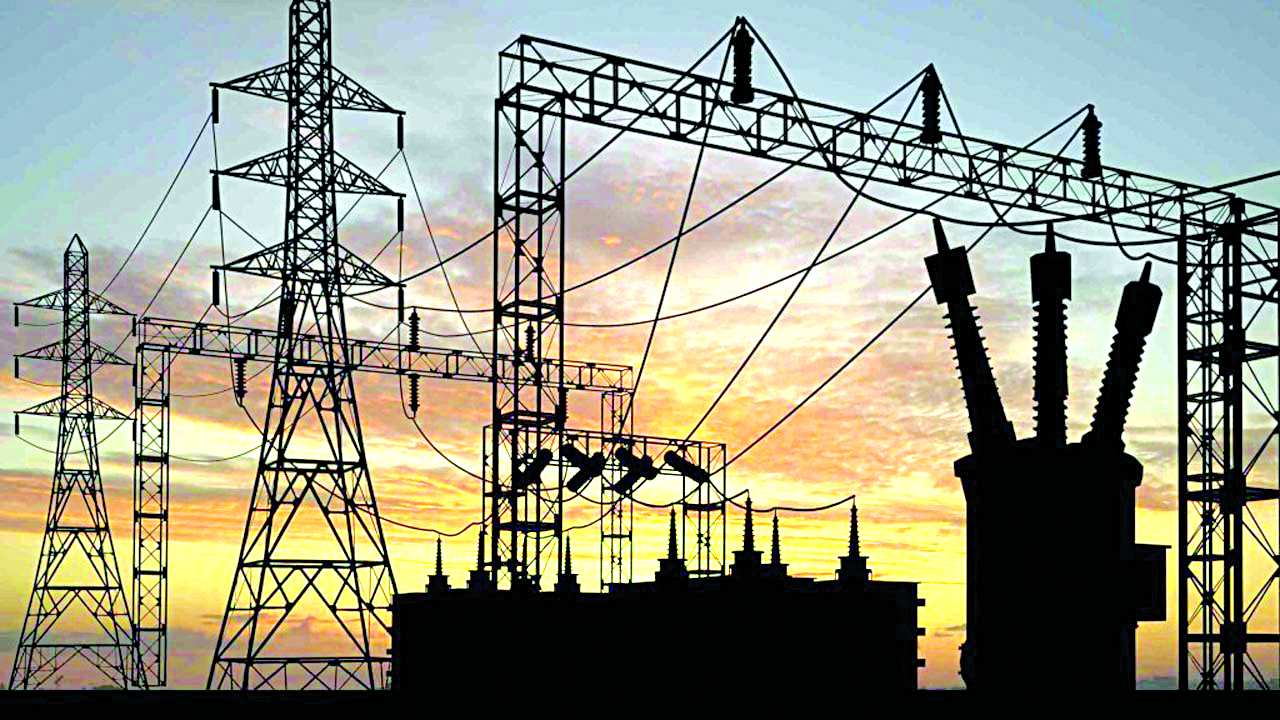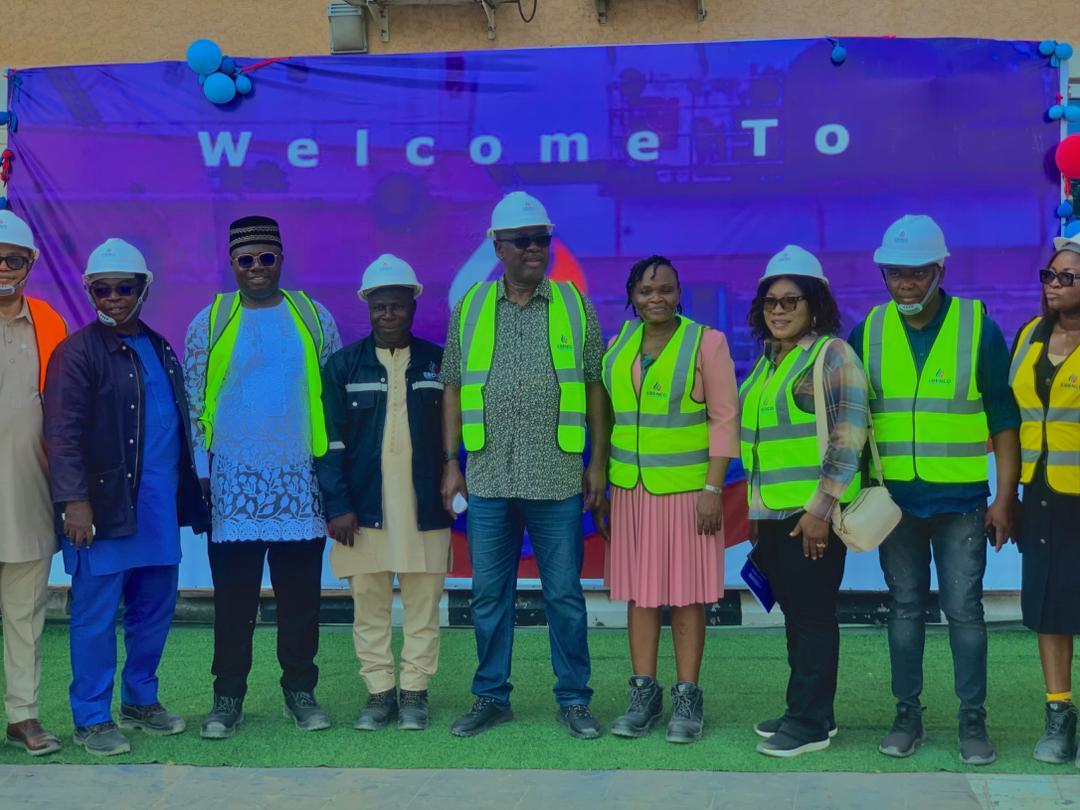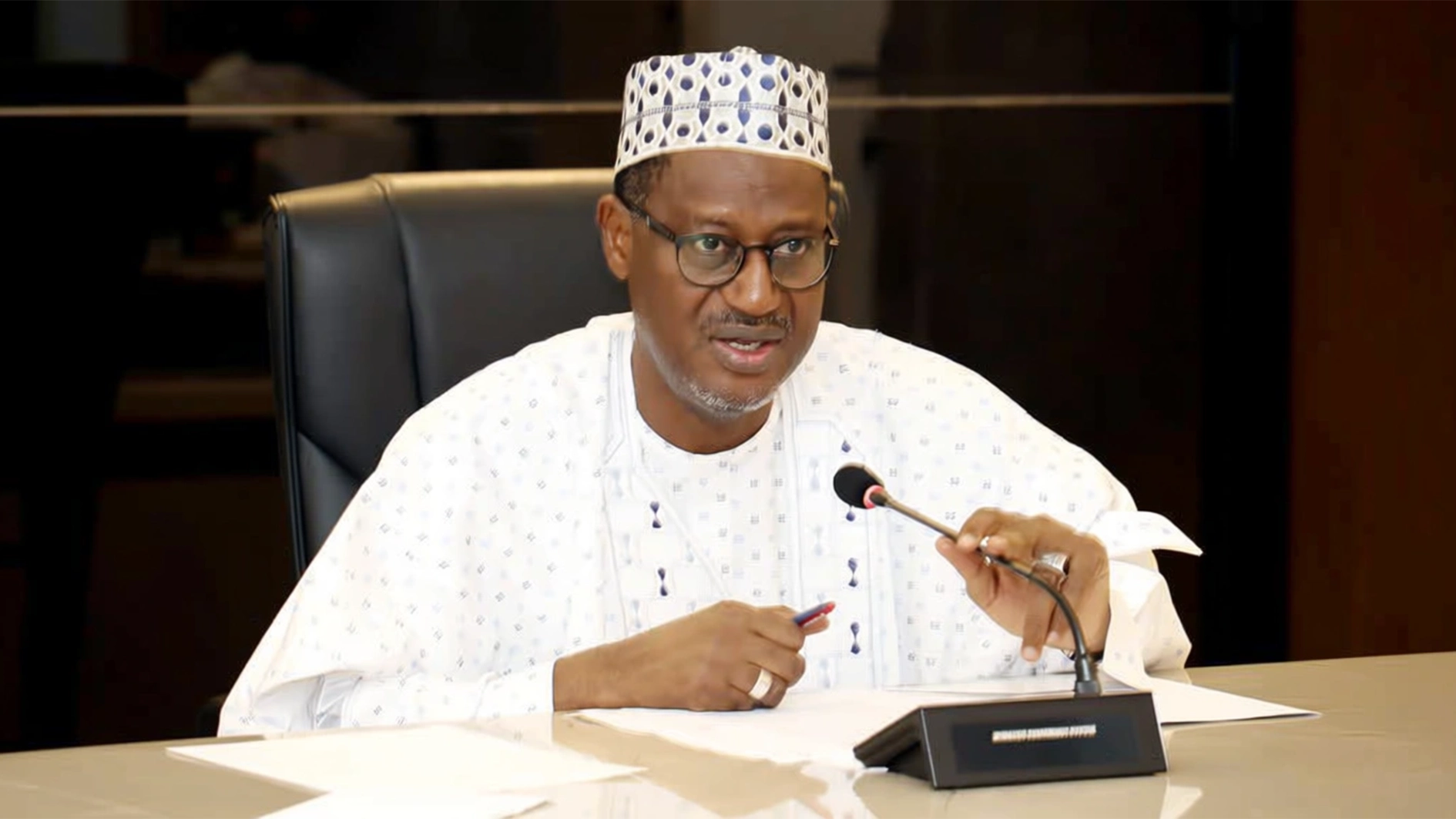
Experts are seeking ways to address financial challenges hindering the development of renewable energy in Nigeria, adding that over N3.2 trillion could be needed yearly to bridge the mini-grid gap in the country.
Nigeria is faced with a serious electricity crisis with grid power standing only at about 3,500 Megawatts. With the repeated collapse of the grid system, mini-grid may provide succour for thousands of businesses and homes, but finance remains a critical bottleneck.
Innovate UK KTN, Rural Electrification Agency (REA) and other stakeholders, who gathered in Abuja at the Energy Catalyst Briefing, launch, and brokerage event, believed that Nigeria needs to look towards a mini-grid in solving its electricity challenges.
While most Nigerians are not connected to the grid, over 80 million people reportedly lack access to electricity and those with connections do not have a reliable supply.
Innovate UK KTN at the event had offered Nigerian companies the opportunity to pitch for grants from a £20 million fund as the Managing Director of REA, Ahmad Salihijo, noted that the huge population means increasing demand for electricity.
He insisted that addressing the financial gap in mini-grid deployment would fast-track the provision of electricity to unserved and underserved communities.
According to him, a series of Federal Government initiatives would assist in closing the energy gap in the country.
Salihijo called for more collaborations to enable the country to meet the projections of powering every part of the country.
Regional Lead at Global Alliance Africa, Sophie West, noted that the mandate of providing efficient energy solutions to Africa remained sacrosanct, stressing that deployment of innovative technology and business models, as well as a partnership with like-minded initiatives, are key ways to achieving the target.
“The Energy Catalyst, which is a programme aimed at accelerating the innovations needed to end energy poverty on the continent, is one of the UK’s biggest energy access-focused grant funding initiatives, having invested more than £60 million in over 360 projects in eight different rounds.
“The programme will also leverage financial and advisory support, build strategic partnerships and uncover new insights to provide energy solutions to improve lives,” she stated.
Chief Executive Officer at PyroGenwsys, Simon Ighofose, stressed the need to promote waste to renewable energy and biofuel.
According to him, Nigeria has an abundance of under-utilised agricultural and agri-processor wastes.
Ighofose said: “98 per cent of Nigerian off-grid communities could meet their entire energy demand using the crop wastes available within a 10km radius. Many communities have access to over 20 times more waste than they need to generate their entire electricity demand.”
He noted that the over 25 million tonnes of cassava, rice and maize residues produced in Nigeria could potentially produce two gigawatts of power 24 hours daily.






